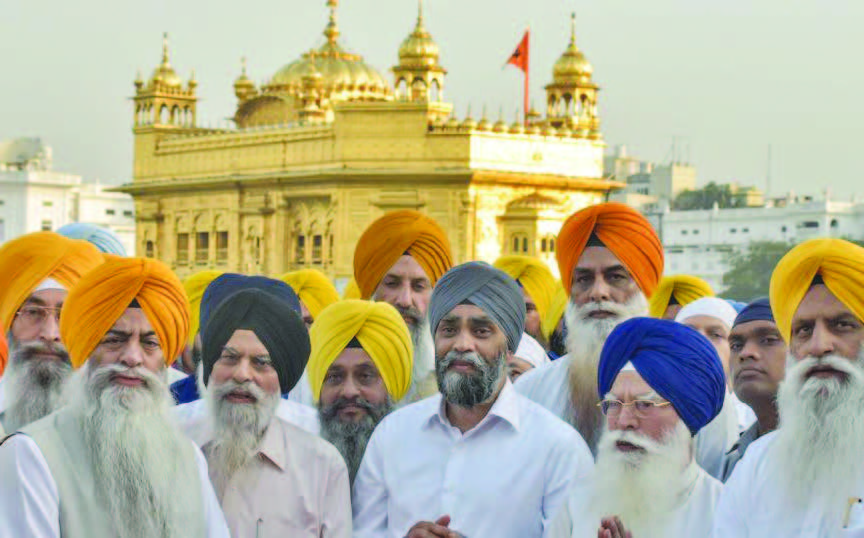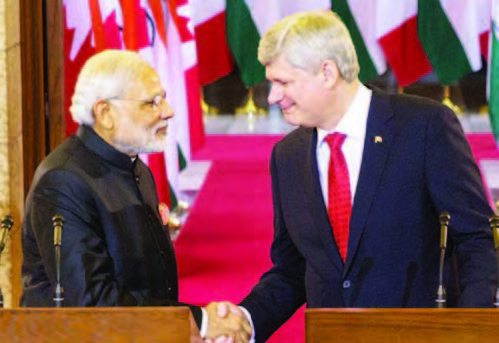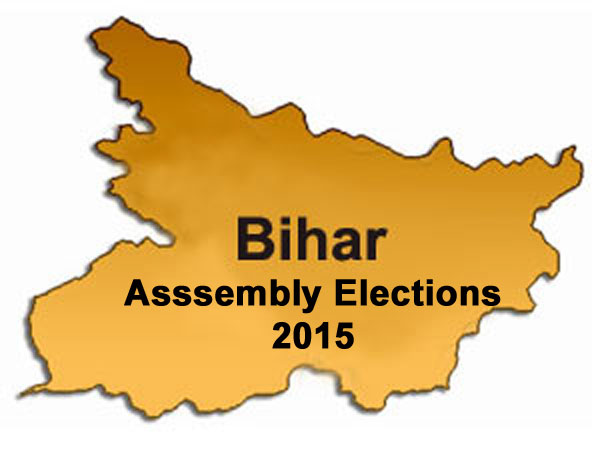
AMRITSAR/TORONTO (TIP): As the visit to India by Canada’s defence minister, Harjit Sajjan, has been marred by Punjab chief minister Capt Amarinder Singh accusing him of having Khalistani sympathies, the minister now says that he was “disappointed” by those comments but they did “not bother” him.
Responding to a question during a conference call with Canada-based media on Wednesday, Sajjan said, “I was disappointed with the chief minister of Punjab’s comments.”
Sajjan went on to add in that context: “It does not bother me in the least. I’m focused on building my relationship with India, being able to discuss important issues including the issue of 1984 as well.”
He was referring to anti-Sikh violence following the assassination of then prime minister Indira Gandhi in 1984, a sensitive issue in India-Canada relations after the Ontario Assembly recently passed a motion that described the event as “genocide”.
As the carrying of the motion in the Ontario Assembly preceded his visit, the issue figured in Sajjan’s meetings with Indian officials and ministers. But he did not use the word genocide, as he said, “Our government looks at working with Prime Minister (Narendra) Modi’s government in dealing with and getting justice for the victims of the organised massacres in 1984.”
He added, “I appreciated their efforts on this and look forward to them actually moving forward even further.”
Sajjan also said he explained to Indian officials that the vote in the Ontario Assembly was caused by a private member’s motion and there was a difference between the ruling Liberal Party of the province and that of Prime Minister Justin Trudeau at the federal level.
But Sajjan also said that Canadians had a right to express their viewpoint in “a peaceful way”.
The Punjab chief minister’s allegations have made headlines in the Canadian media. Sajjan said, as was routine, a meeting with Amarinder Singh was sought as a “courtesy”.
“But I will not be meeting with him now because he had originally refused,” Sajjan said, as he arrived in Amritsar from New Delhi. Similar requests were also made to the chief ministers of Maharashtra and Haryana.
Referring to Amarinder Singh’s remarks, Sajjan said, “I don’t know what the motivations were around that.”
On the issue of Khalistani separatism, he asserted, “There is no movement within Canada.” Sajjan pointed out that “if there was any evidence, any type of intelligence, our security forces would be looking at this immediately”.
As he travels in India, Sajjan said, “in some ways it’s very emotional” for him. He was last in India in 2002, when his family gathered in their native village in Hoshiapur for a reunion of sorts.
“For me to come back, it’s a very proud moment for me personally. Even though people look at me coming back as a minister, I look at it coming back as somebody who’s from here. So I’m kind of playing a dual role here. While representing Canada and our government, at the same time, trying to take in as much as I can.”
As controversies swirled around his visit, Sajjan addressed government-to-government interaction: “We’re looking forward to furthering this conversation and the relationship that we’re still developing.”
Canada and India are looking at a potential defence MoU, though not committing to a timeframe in that regard. “That will possibly lead to further discussions, towards possibly a defence cooperation agreement but we’re not there yet,” Sajjan said.
Despite the setbacks dogging the trip, Sajjan said his focus was on how to “discuss the way forward”. Source: HT





Be the first to comment